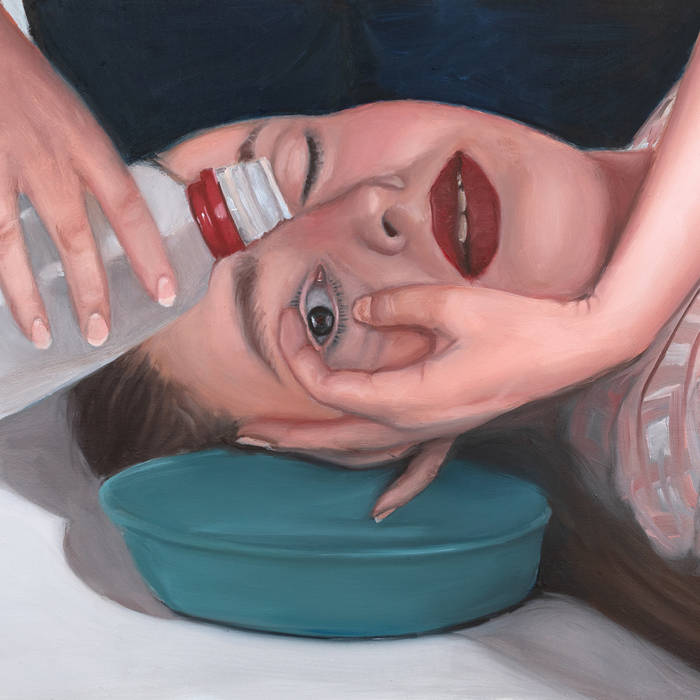Heart to Gold – “Can’t Feel Me” | Single Review
/Memory Music
Some of the best music is seasonal. I’m not talking about holiday music, and I’m not even talking about something overt, like Vivaldi’s Four Seasons. I mean, there are some songs, bands, and sounds that just feel like they suit a certain kind of weather. There are songs for winter that feel nostalgic and heavy and sad, music made for that moment when the sun barely crests the horizon and the temperature seems like it never rises. Then there are songs for summer, which are often eager and full of anticipation, like the feeling of waking up early to take a trip with nothing more than the open road ahead. “Can’t Feel Me” by Heart to Gold falls somewhere between spring and summer, heady with the first warmth of May, yet still tinged with the chill of old snow that lingers in the shadows of the woods.
Heart to Gold has long been a band in my personal rotation of favorites, with their 2022 album Tom being one I still put on regularly. Since the release of their first EP in 2016, their bold sound and distinct vocals have set them apart from other bands in the emo/punk scene, with tracks like “Tokyo” and “Tigers Jaw” only solidifying their position. “Can’t Feel Me” comes on the heels of their 2023 tour supporting scene giant Movements, along with Mannequin Pussy and Softcult. This is also the first we’ve heard from the band since the release of their standalone 2023 single “Chloë,” which was one of my favorite tracks of last year. Heart to Gold consistently outdo themselves with each subsequent release, and “Can’t Feel Me” is no different.
Tender guitars and soaring vocals took me by the hand and pulled me, laughing, through breezy patches of sunlight and past damp, mossy shadows. I felt like I was missing something I never had as Grant poured his heart out over rich chords.
Sometimes the highest highs, at times the lowest lows.
It must feel like I’m distant, constantly can’t feel me.
Seems like the right direction, but right now I can’t see.
His lyrics echo the sentiment so many of us twenty- and thirty-somethings feel. I think this is the right thing to do, but what if I’m making a mistake? Am I doing it right? We are watching the spring of our lives transition into summer, welcoming the change of seasons with open arms and a hesitant smile, but in the back of our heads, we still wonder if it’s where we’re really supposed to be. “Shout it out,” cries Grant, “shout it out! I don’t feel the same!” Neither do I, and as the new warmth of summer touches my skin and freckles my arms, I think I’m okay with that.
Britta Joseph is a musician and artist who, when she isn’t listening to records or deep-diving emo archives on the internet, enjoys writing poetry, reading existential literature, and a good iced matcha. You can find her on Instagram @brittajoes.











